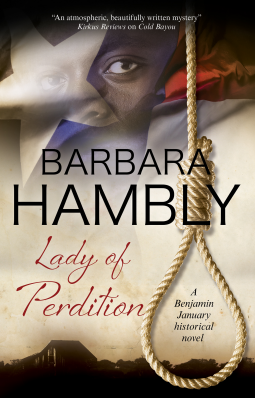Solomon's Crown, by Natasha Siegel (Dell)
When a poet writes queer historical romance…
The relationship between Richard I (“Lionheart”) of England
and Philip II (“Dieudonné”) of France has been the subject of much debate, particularly
whether it was of a romantic and sexual nature, as a number of medieval and
modern scholars attest, or an intense friendship at a time when sharing a bed was
a common expression of trust. Historically, the relationship turned bitter and
ended only with Richard’s death in 1199.
Historical fiction, especially romantic historical fantasy, takes
such questions as these as a starting place. It goes beyond the dry facts and
dates to the juicy question of, “What If?’ What if Richard (then Duke of
Aquitaine), larger-than-life action hero, and introverted, cautious Philip fell
in love the first time they met? Richard was not then heir to the throne and
had a contentious relationship with his father, Henry II. Philip, newly
ascended, had to contend with repairing the damage to France caused by the
weakness of his late father. But what if they each found solace, completion,
and joy in one another?
In the hands (or rather, the pen) of a brilliant poet, the
answer is a heartbreakingly beautiful story whose words sing on every page. The
author relates how she used history as a starting point and then followed where
the story lead her. This is the “romantic fantasy” aspect of Solomon’s Crown.
This love story shaped Western Europe perhaps never happened but should have.
It is not altogether accurate regarding the social attitudes of 12th
Century C.E. England and France. I agree with most of Siegel’s choices and with
her commitment to make the story emotionally true.
My favorite character was neither Richard nor Philip, but
Philip’s wife, Isabella of Hainaut. In Siegel’s version, by the time Philip was
forced into marriage, he had had enough lustful encounters with Richard to have
figured out his sexuality, to the point of severe doubts he can perform on his
wedding night. She’s very young (only eleven years old) and terrified of
pregnancy (the desired result of said wedding night) and its high mortality
rate. When she summons the courage to beg Philip to postpone intercourse, he’s
relieved. But he’s a kind person, so when she lies beside him, unable to sleep,
he soothes her by reciting her favorite poem (in Latin). The next day, she
memorizes the following part to recite to him. With such a beginning, they
become friends. She turns out to be a perceptive, resourceful person who has no
issues with Philip’s relationship with Richard, not just the sex but the love.
Like Richard’s mother, the redoubtable Eleanor of Aquitaine, Isabella matures
into a force in her own right. While Philip and Richard wrestle with inner
demons and family power struggles, Isabella’s character growth and essential
decency stand out.







